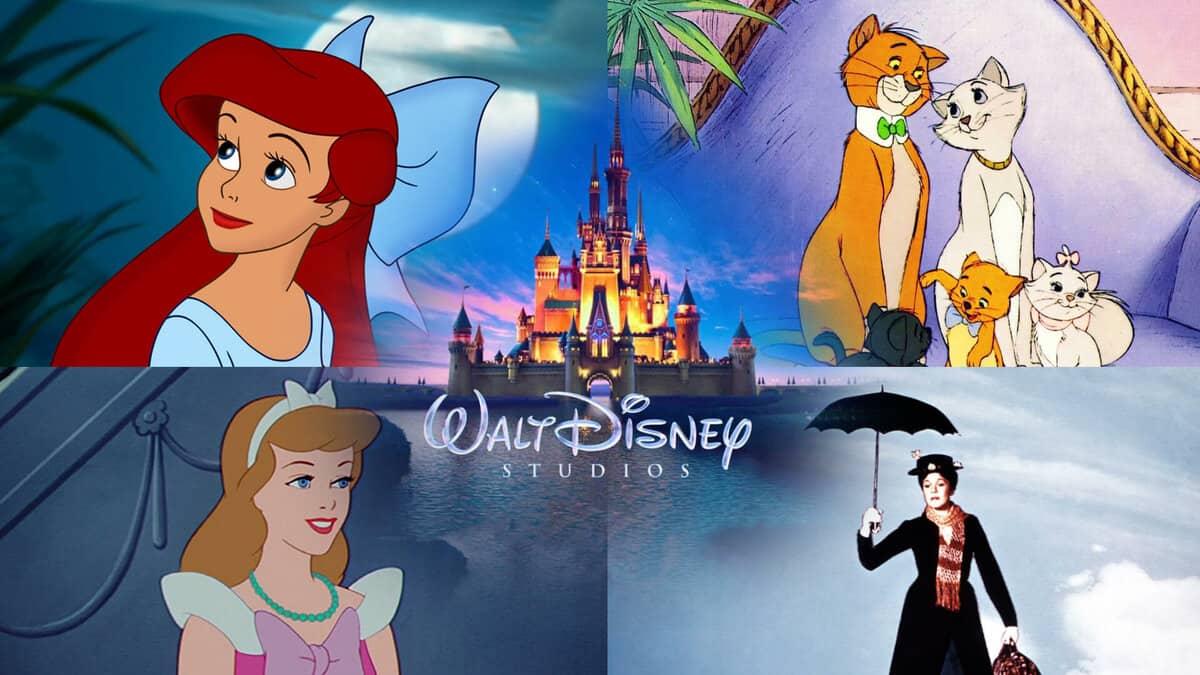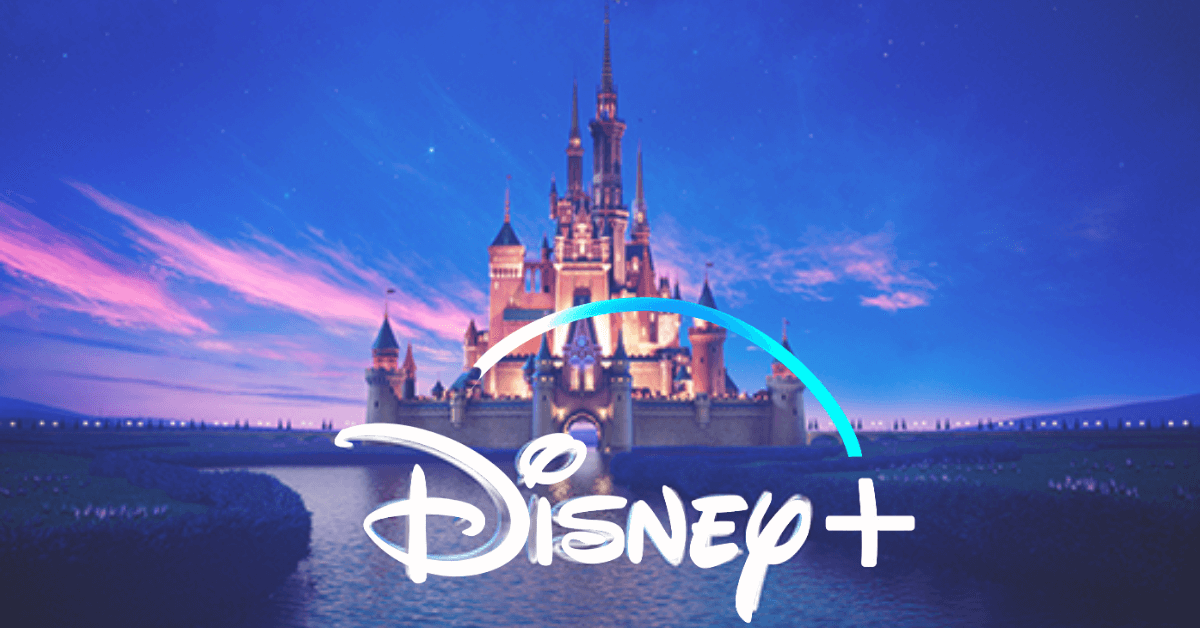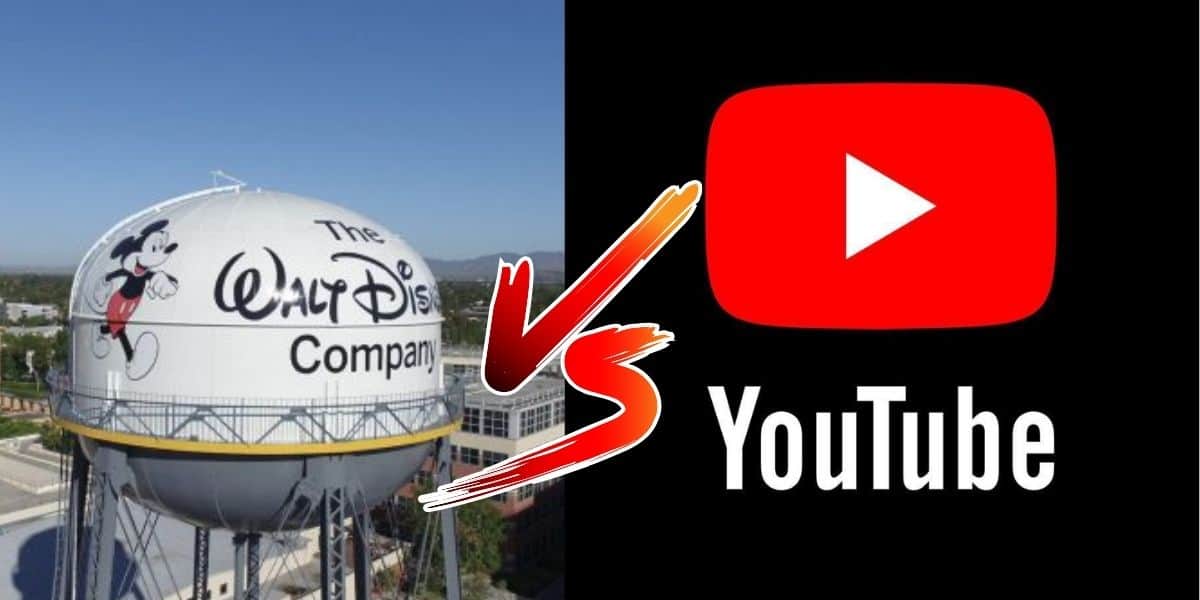After three class action lawsuits, YouTube might be getting ready to cut ties with Disney (DIS).

Related: Unknown Number of Minors’ Privacy Exposed by Disney, Shocking Report Reveals
YouTube Could Be Saying Goodbye to Disney
The partnership once looked unshakable. Disney, the most trusted name in family entertainment, and YouTube, the internet’s video giant, seemed like a match made in digital heaven. But behind the glittering logos and kid-friendly branding lies a legal storm that could upend the entire relationship.
This month, DIS was hit with two new class action lawsuits — its third legal battle in a row tied to how children’s videos were handled on YouTube. Parents and regulators claim DIS’s “storytime” videos, uploaded during the pandemic, were mislabeled and illegally monetized with ads targeting kids.
Now, experts warn that YouTube may not be able to stomach the risks much longer. If the platform decides DIS is too much of a liability, it could mean something once unthinkable: pulling the plug on Disney content distribution.

What Sparked This Legal Firestorm
The controversy began when Disney settled a $10 million complaint with the Federal Trade Commission (FTC). Regulators found that Disney failed to properly designate certain YouTube uploads as content made for children, allowing ads to slip in where federal law prohibits them.
Almost immediately, two new class action lawsuits followed:
-
SK. et al. v. Disney Worldwide Servs (federal court)
-
Balvarro v. Disney Worldwide Servs (California state court)
Both accuse DIS of negligence and invasion of privacy, while the California suit adds violations of state law and constitutional privacy rights. Together, they seek more than $5 million in damages.

Related: Disney Files Lawsuit, Claiming New Package Breaks Contract Rules
Why YouTube Could Walk Away
YouTube has weathered its own firestorms with kids’ content, paying out millions in past settlements over violations of children’s privacy laws. Partnering with DIS was supposed to solve that problem — bringing credibility and trust to the platform.
But three back-to-back lawsuits connected to the same issue put YouTube in a difficult position. By continuing to host DIS’s mislabeled videos, YouTube risks regulators cracking down harder — and potentially dragging the platform deeper into lawsuits it didn’t start.
Industry insiders suggest that if the legal costs keep climbing, YouTube might decide it’s safer to distance itself from Disney altogether rather than risk being held liable for repeated failures.

DIS’s Official Stance
Disney insists this is nothing more than a clerical oversight.
“Supporting the well-being and safety of kids and families is at the heart of what we do,” a Disney spokesperson said. “This settlement does not involve Disney-owned and -operated digital platforms, but rather is limited to the distribution of some of our content on YouTube’s platform.”
But critics point out that this is the third lawsuit tied to the same pattern of mistakes. If Disney can’t guarantee compliance, YouTube may decide it can’t guarantee DIS a place on its platform.

Why This Matters to Parents, Fans, and the Future
For parents, the issue is about trust: if DIS videos on YouTube can’t be counted on to protect children’s privacy, what family content can? For fans, it raises a bigger question about access. YouTube is the go-to hub for free Disney clips, trailers, and kid-friendly entertainment. If the plug gets pulled, those videos could vanish overnight.
The impact could ripple even further. Losing YouTube as a distribution channel would be a massive blow to Disney’s digital reach. It would also signal that even the most powerful brands aren’t immune when they cross the line on children’s safety.

Related: Disney Settles Huge Copyright Lawsuit Over Controversial Disney+ Series
The Bigger Picture for Disney
This legal saga isn’t just about mislabeled videos — it’s about whether DIS can continue to dominate digital platforms without playing by the rules. If YouTube decides to cut ties, it would be one of the biggest rifts in the history of online entertainment.
The question now isn’t just how much DIS will pay in settlements. It’s whether YouTube, faced with growing pressure, decides the cost of hosting Disney’s videos is simply too high.
Source: MickeyBlog
